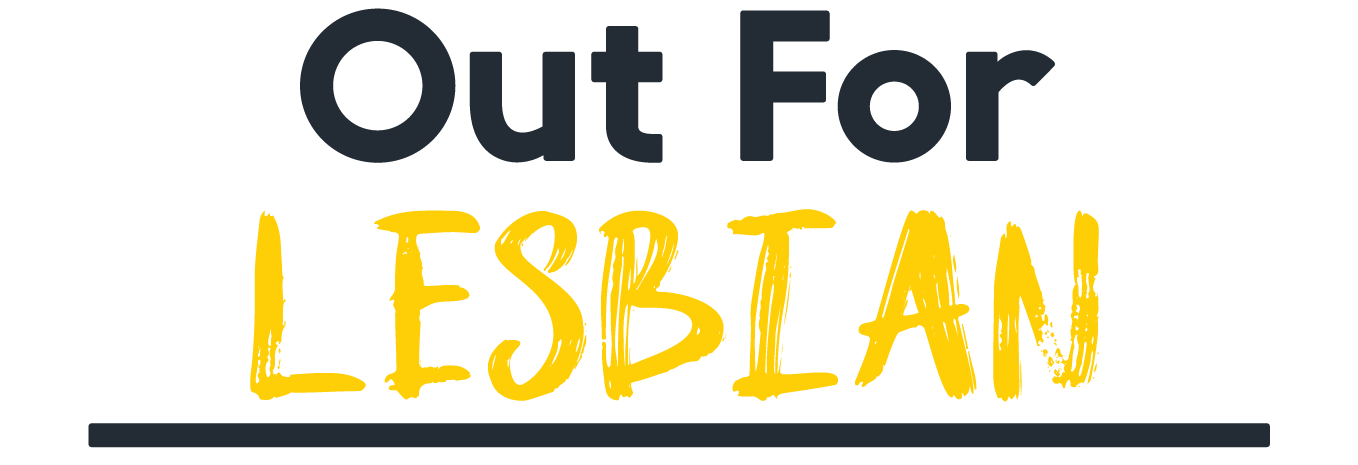What IDAHOBIT Means to Renee (they/she)
Content Warning: Homophobia, Transphobia
The International Day Against Homophobia, Biphobia, Interphobia and Transphobia (IDAHOBIT) marks the day when the World Health Organisation removed homosexuality from the Classification of Diseases and Related Health Problems. This year marks the 32nd anniversary.
What does IDAHOBIT mean to me?
For me, IDAHOBIT is not only a time to celebrate our community and the advancement of our rights, but is also a time to reflect on where we are today and the work that still needs to be done.
It's easy to forget that many LGBTQIA+ rights have only been granted in our lifetimes. Whilst IDAHOBIT marks the international declassification of homosexuality as a disease, it is also only 25 years since homosexual activity was decriminalised nationally in Australia and the right for same-sex couples to marry was granted only 5 years ago.
These developments didn’t just come about on their own, they were driven by people. People who were visible and stood up for their own rights, like Georgie Stone, whose case in the Family Court set a precedent that children no longer needed to go to court to access puberty blockers in Australia. And people who came together to fight for change, like the 78ers at the first Mardi Gras, who endured police violence to protest for gay and lesbian rights.
Acknowledging these paths to change is key in understanding where we are today and how we can make change happen.
Where are we now?
This year, we have seen an increase in anti-LGBTQIA+ sentiment: the passing of the Religious Discrimination Bill through the lower house, the attempts to implement contracts to exclude LGBTQIA+ students in schools, and the attacks on trans women in sport as cannon fodder in the federal election campaign.
These attacks have been distressing for our community. They show a clear lack of understanding of the experiences of LGBTQIA+ people, strip away protections that the government promised would be enhanced and are based on a misapprehension of science and law as it stands. These attacks also place an emotional burden on our community, impacting our mental health. When you consider that LGBTQIA+ people are 2.5x more likely to have a mental health condition, and 90.2% of transgender and gender diverse young people are experiencing high or very high levels of psychological distress, it is clear that this rhetoric can have a devastating impact on the most vulnerable members of our community.
In addition to the emotional burden, there is also the physical burden of attending events, speaking to people and investing time into creating educational resources. These activities can perpetuate cycles of oppression, because these activities take time away from work and are often done without compensation.
These issues around the rights of trans people have come up at a time when trans visibility is at an all time high. We often talk about the importance of visibility, but we cannot be visible unless it is safe. If increased visibility means increased attacks on our rights, then it is not truly safe for trans and gender diverse people to be visible, despite the positive impacts it can have on our community.
We are all responsible for creating a safe space for everyone to exist. It was trans people who fought for gay and lesbian rights, now its time for our whole community to come together to support our trans and gender diverse siblings.
This IDAHOBIT, think about what you can do to support all parts of the rainbow community and how you can use your resources to make a difference.
What can we do?
Invest your resources.
Donate to LGBTQIA+ organisations or volunteer your time. You can even become a volunteer at OFA here.
Don’t be a bystander.
If you hear someone say something homophobic, biphobic, interphobic or transphobic, call it out or ask them what they mean.
Amplify queer voices.
You can do this online by sharing content, but you can also empower others by creating space for them to share their stories, creating a ripple effect of change.
Have your say at this election.
Every vote counts, so make sure yours aligns with your values and protects the LGBTQIA+ community. Also see below for petitions you can send to your local representatives.
Open up a conversation.
Many people don’t care about LGBTQIA+ issues until they have a personal connection. Sharing your lived experiences can empower allies.
Be aware of all issues impacting the rainbow community.
Its easy to tune out news that doesn’t affect us, but being across all rainbow issues can help us create change together.
Immerse yourself in community.
People who blaze trails don’t do it alone, they need a support network around them. So whether you’re blazing the trail, adding your voice to the call for change or supporting others, you can make a difference.
Take time for you!
Bearing the burden of defending your rights can be exhausting. Make sure you do some self-care, so you can continue to do the amazing work you do.
These petitions are pushing for important change:
In Queensland and New South Wales, you cannot change your gender on State identification documents unless you’ve had gender affirmation surgery.
In Queensland and Western Australia, non binary identities are not recognised on State identification documents.
Conversion “therapy” is still legal in New South Wales, South Australia and Tasmania.
Intersex people can still undergo medical treatments without informed consent.
If you or someone you know needs support, you can contact the services below:
QLife
Qlife.org.au
1800 184 527 (3 PM–Midnight, 7 days a week)
Beyond Blue
1300 224 636 (available 24/7)
Reach out to their Support Service
LifeLine
13 11 14 (available 24/7)

